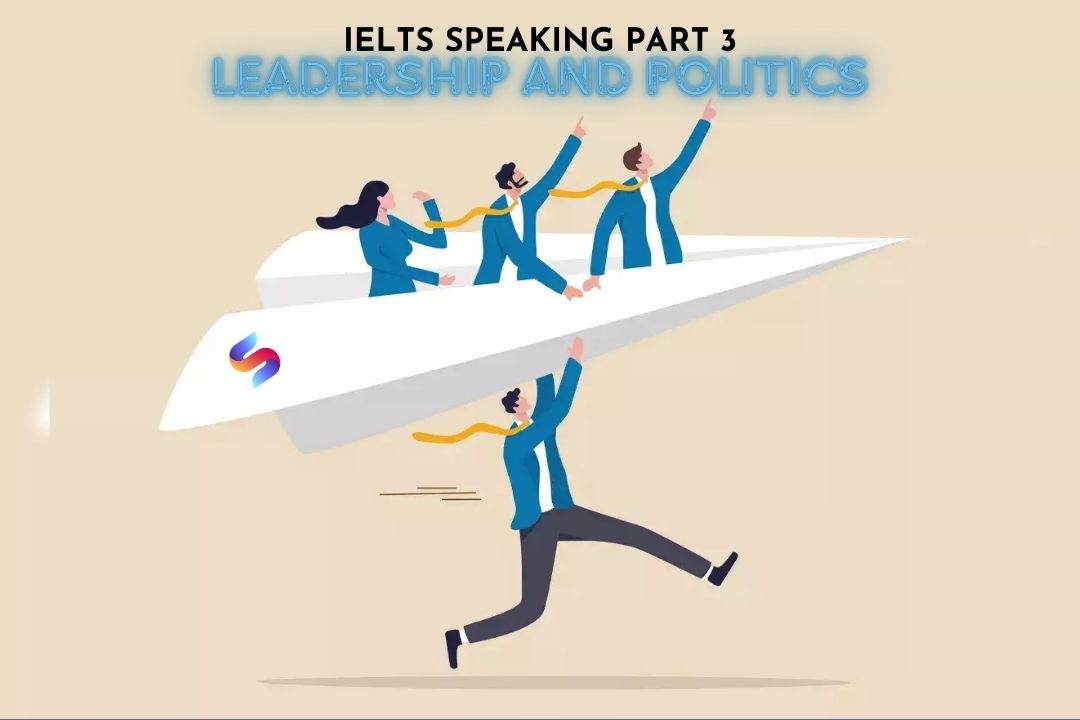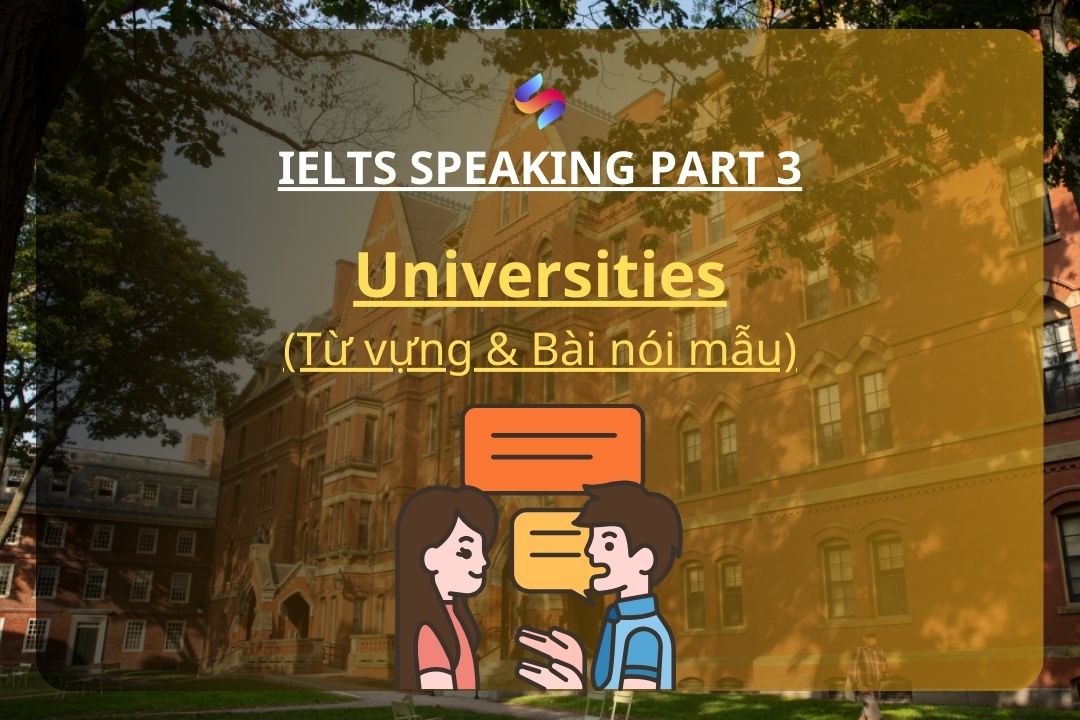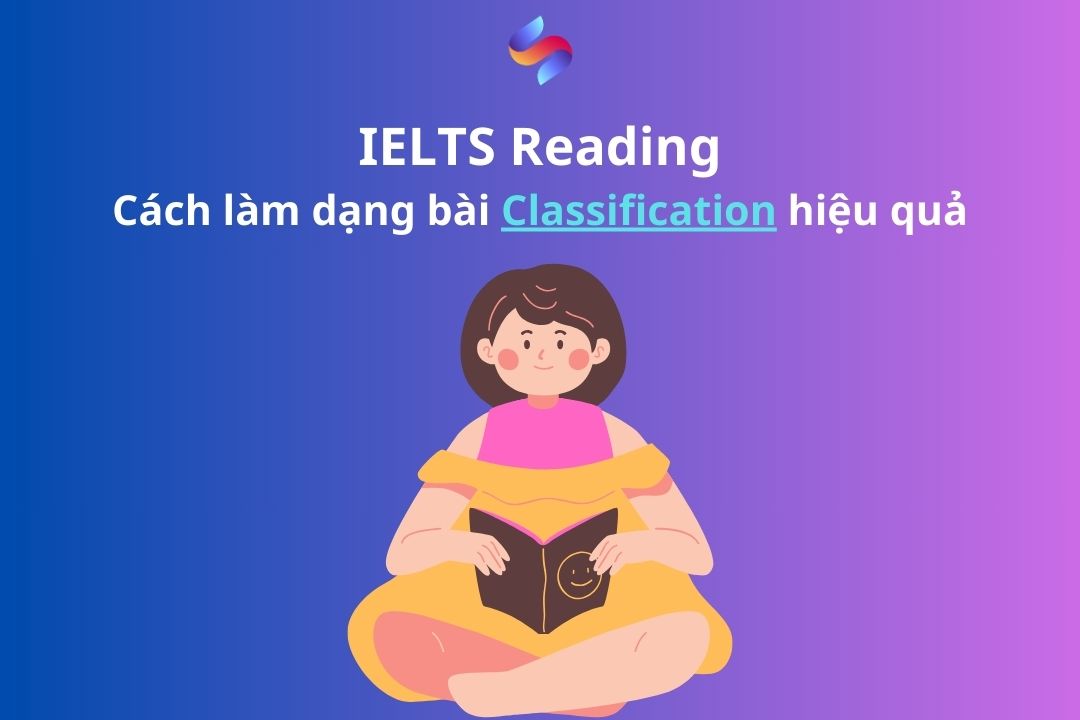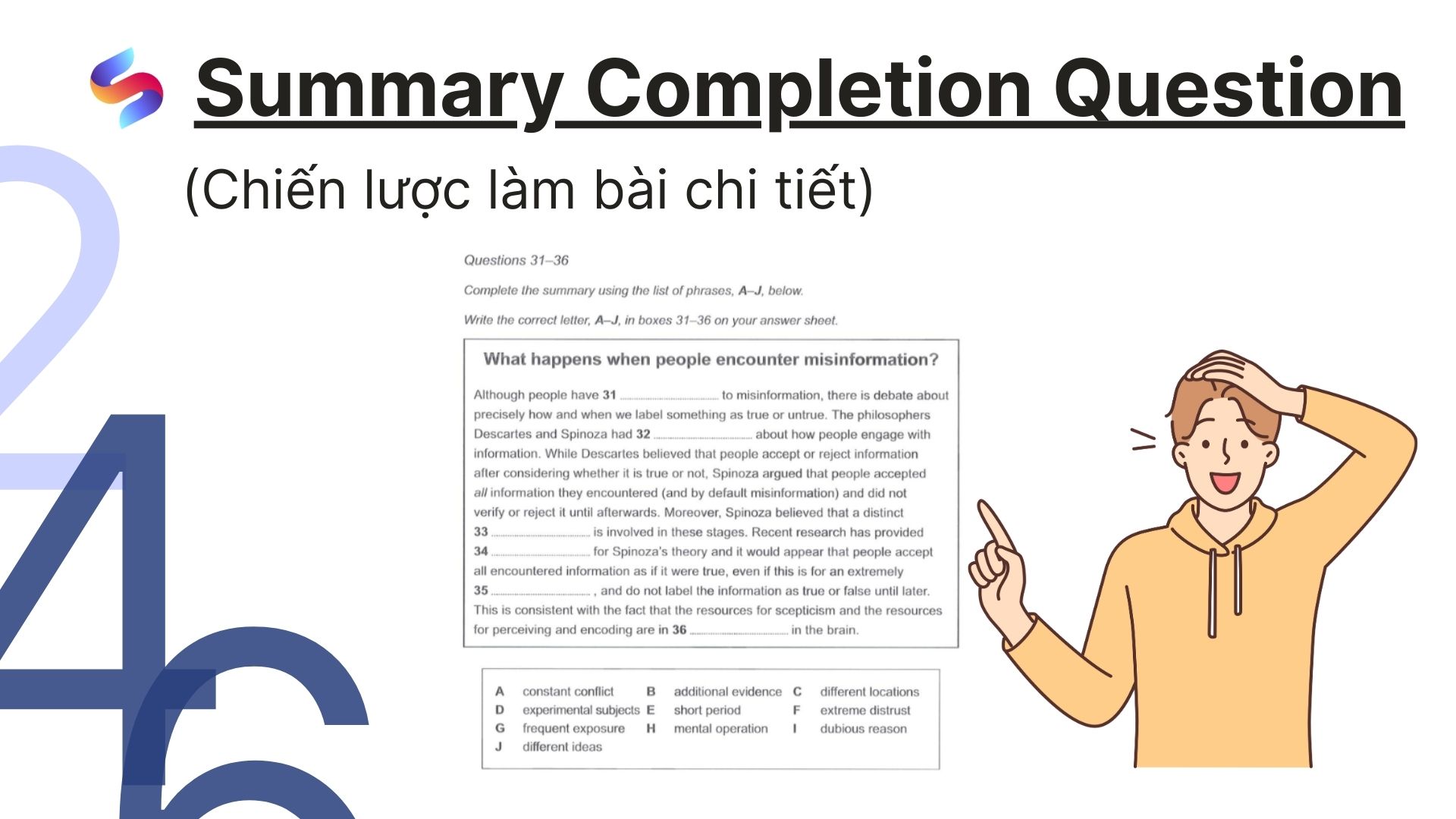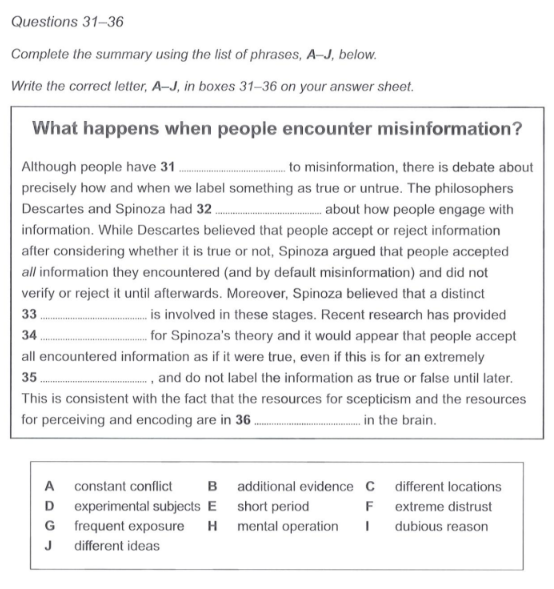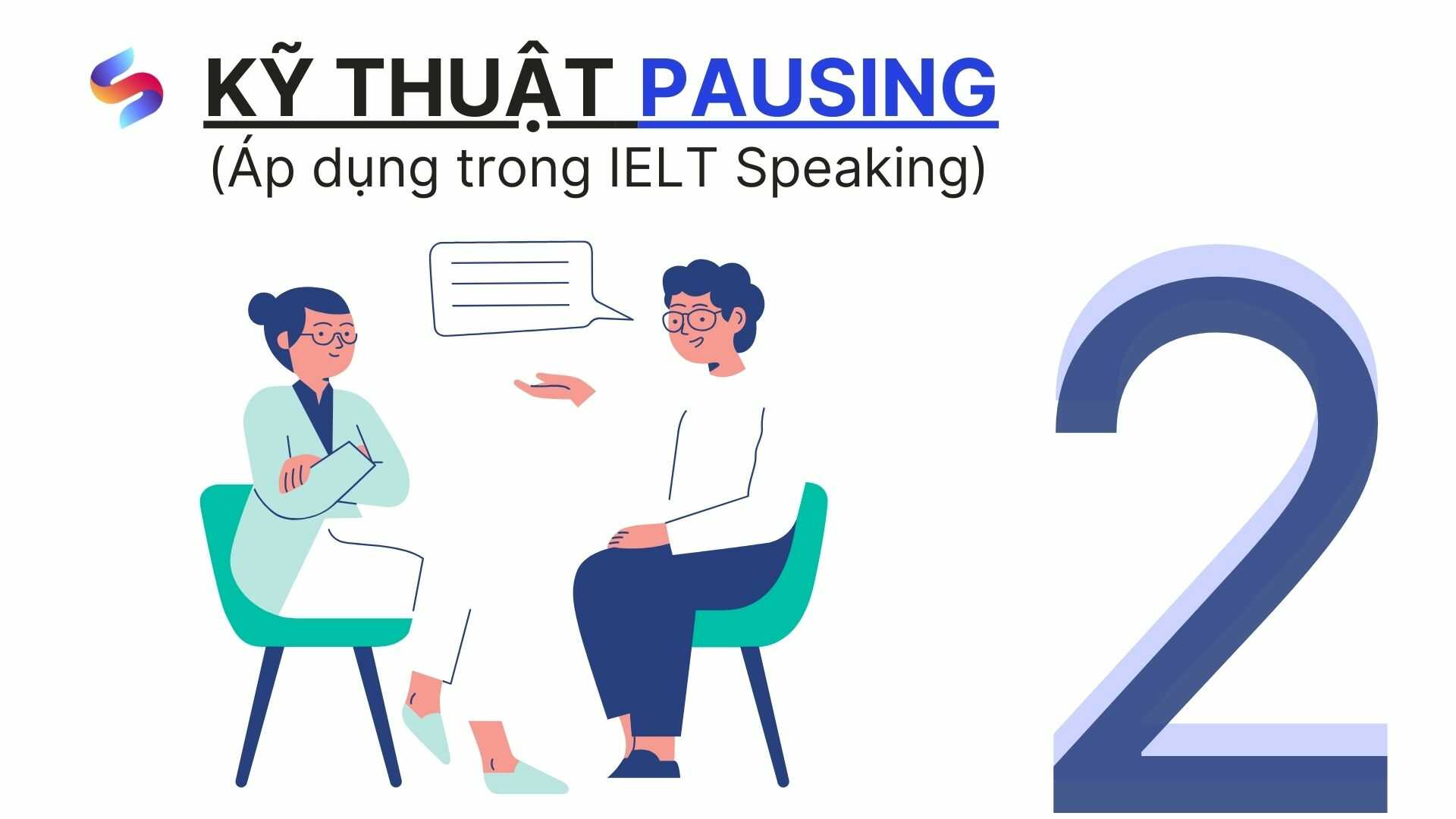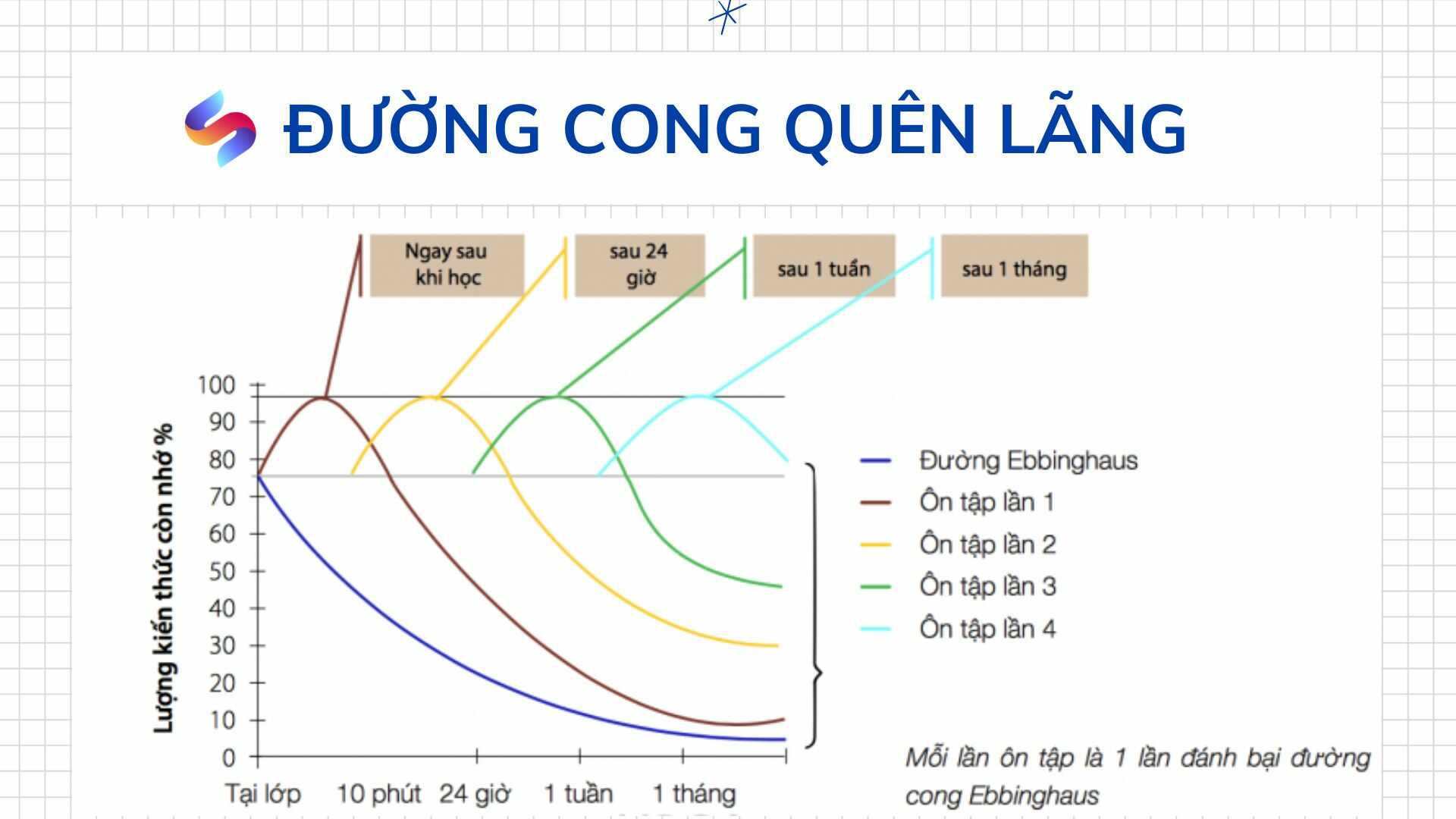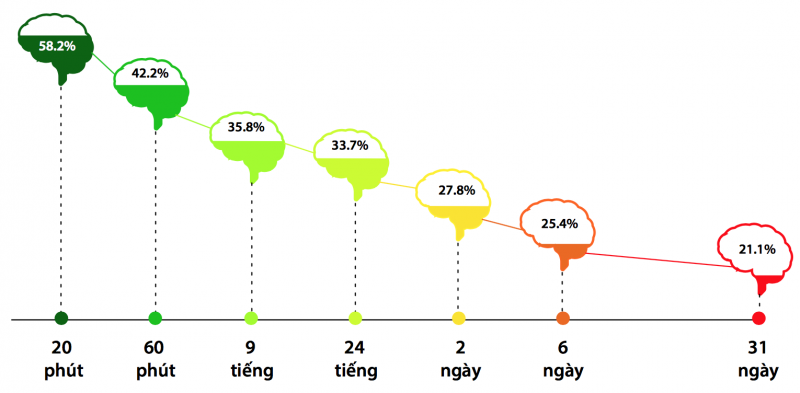Cùng Smartcom English khám phá những hiểu biết quan trọng, từ vựng nâng cao và chiến lược chuyên gia để nâng cao điểm số của bạn và tạo ấn tượng lâu dài trong kỳ thi IELTS của bạn nhé.
Các câu hỏi thường gặp
Lãnh đạo và chính trị là hai yếu tố mạnh mẽ định hình xã hội, ảnh hưởng đến quyết định và thúc đẩy sự thay đổi trên toàn cầu. Tuy nhiên đây cũng là chủ đề khó. Trong phần IELTS Speaking Part 3, thảo luận về các chủ đề này không chỉ yêu cầu bạn hiểu sâu về các vấn đề phức tạp mà còn phải diễn đạt suy nghĩ của mình một cách rõ ràng và thuyết phục. Dù bạn đam mê các vấn đề chính trị hay tò mò về phẩm chất của những nhà lãnh đạo hiệu quả, những câu trả lời mẫu (band 8.0+) này được thiết kế để giúp bạn tự tin xử lý các câu hỏi thách thức.
● Can leadership skills be taught?
● Why are elected politicians often so unpopular?
● What should a leader do to remain popular?
● Do you think unelected heads of state are a good idea?
Chủ đề này là một trong những chủ đề khá khó nhằn của IELTS, hi vọng, các bạn sẽ có thêm những kiến thức thú vị giúp bạn nâng cao vốn từ vựng cho chủ đề này
Answer Band 8.0+
Do you think people are born to be leaders?
I believe that while certain innate qualities can predispose individuals to leadership, it is ultimately through nurture and experience that leaders are truly shaped. Natural abilities such as charisma, empathy, and intelligence can certainly give someone a head start, but these qualities alone are insufficient. To become an effective leader, one must also cultivate essential skills like communication, decision-making, and the ability to inspire others. Moreover, real-world challenges and experiences play a pivotal role in developing the resilience, adaptability, and strategic thinking necessary for successful leadership. In essence, while some people may be born with leadership potential, it is through a combination of nature and nurture.
| Từ/Cụm từ | Phiên âm | Loại từ (hoặc cụm từ) | Nghĩa tiếng Việt | Ví dụ |
| predispose | /ˌpriː.dɪˈspəʊz/ | Verb | có khuynh hướng, dễ bị ảnh hưởng | Natural talents can predispose someone to excel in certain fields. |
| charisma | /kəˈrɪz.mə/ | Noun | sức lôi cuốn, sự quyến rũ | Her charisma makes her an effective leader who can motivate others. |
| insufficient | /ˌɪnsəˈfɪʃənt/ | Adjective | không đủ, thiếu thốn | The resources provided were insufficient to complete the project. |
| cultivate | /ˈkʌltɪveɪt/ | Verb | rèn luyện, phát triển | To become a better speaker, you must cultivate your public speaking skills. |
| resilience | /rɪˈzɪlɪəns/ | Noun | khả năng phục hồi, sức chịu đựng | Her resilience in facing challenges has earned her respect from her colleagues. |
| adaptability | /ədæp.təˈbɪl.ɪ.ti/ | Noun | khả năng thích nghi | In a fast-changing industry, adaptability is crucial for success. |
| strategic thinking | /strəˈtiː.dʒɪk ˈθɪŋkɪŋ/ | Noun Phrase | tư duy chiến lược | Strategic thinking helps leaders plan for the long-term success of their organizations. |
| a head start | /ə hɛd stɑːt/ | Noun Phrase | lợi thế khởi đầu, khởi đầu thuận lợi | His previous experience gave him a head start in the new job. |
| ultimately | /ˈʌltɪmətli/ | Adverb | cuối cùng, rốt cuộc | Ultimately, the success of the project depends on the team’s effort. |
| pivotal | /ˈpɪvətl/ | Adjective | then chốt, quan trọng | Her role in the project was pivotal to its success. |
Ngoài ra, chúng ta có thể lưu ý các cách diễn đạt sau cho chủ đề này:
- “Innate qualities”: Chúng ta đã sử dụng cụm từ này để nhấn mạnh rằng một số phẩm chất của người lãnh đạo có thể đã tồn tại từ khi sinh ra.
- Cấu trúc đảo ngữ: Câu “One cannot underestimate the importance…” tạo ra sự nhấn mạnh và làm cho câu văn trở nên sinh động hơn.
Can leadership skills be taught?
While some innate qualities may predispose individuals to leadership roles, it is through rigorous training and practical experience that leadership skills are truly honed. Effective leaders must cultivate a diverse skill set, including the ability to inspire, motivate, and delegate. Moreover, emotional intelligence, which is the capacity to understand and manage one’s own emotions as well as those of others, plays a pivotal role in effective leadership. Therefore, while natural talent may provide a foundation, it is through deliberate development and continuous learning that individuals can become exceptional leaders.
| Từ/Cụm từ | Phiên âm | Loại từ (hoặc cụm từ) | Nghĩa tiếng Việt | Ví dụ |
| predispose | /ˌpriːdɪˈspəʊz/ | verb | Làm cho có khuynh hướng | His family history predisposes him to heart disease. |
| rigorous | /ˈrɪɡərəs/ | adjective | Nghiêm khắc, kỹ lưỡng | The training program is very rigorous. |
| hone | /həʊn/ | verb | Mài giũa, hoàn thiện | He honed his skills by practicing every day. |
| cultivate | /ˈkʌltɪveɪt/ | verb | Trau dồi, rèn luyện | She cultivated her interest in music by taking piano lessons. |
| emotional intelligence | //ɪˌmoʊ.ʃən.əl ɪnˈtel.ə.dʒəns/ | noun | Trí thông minh cảm xúc | Emotional intelligence is essential for building strong relationships. |
| pivotal | /ˈpɪvətl/ | adjective | Quyết định, chủ chốt | The year 1989 was a pivotal year in European history. |
| deliberate | /dɪˈlɪbərət/ | adjective | Có chủ ý, thận trọng | The attack was deliberate, not accidental. |
Một số cụm từ đáng lưu ý:
- Cụm từ “rigorous training and practical experience” nhấn mạnh tầm quan trọng của việc học tập và thực hành.
- “Emotional intelligence” là một khái niệm quan trọng trong lãnh đạo thời hiện đại.
- “Deliberate development” chỉ ra rằng việc trở thành một người lãnh đạo đòi hỏi sự nỗ lực và cố gắng không ngừng.
Why are elected politicians often so unpopular?
Elected politicians often become unpopular because they have to make decisions that inevitably disappoint certain interest groups of people, as it’s impossible to please everyone. Additionally, they sometimes fail to fulfill campaign promises, leading to public frustration. The perception of corruption or self-interest also plays a role, with many people believing politicians prioritize their own careers or special interests over the public good. Media coverage of scandals and conflicts further contributes to their unpopularity. All these factors create a sense of dissatisfaction with elected officials.
| Từ/Cụm từ | Phiên âm | Loại từ (hoặc cụm từ) | Nghĩa tiếng Việt | Ví dụ |
| inevitably | /ɪnˈevɪtəbli/ | adverb | Chắc chắn, không thể tránh khỏi | The project was inevitably going to be delayed. |
| disappoint | /dɪsəˈpɔɪnt/ | verb | Làm thất vọng | I was disappointed with my exam results. |
| fulfill campaign promises | /fʊlˈfɪl ˈkæmpeɪn ˈprɒmɪsɪz/ | noun phrase | Thực hiện lời hứa tranh cử | The politician failed to fulfill his campaign promise to reduce taxes. |
| perception of corruption | /pərˈsepʃən əv kəˈrʌpʃən/ | noun phrase | Sự nhận thức về tham nhũng | The perception of corruption has damaged the government’s reputation. |
| self-interest | /sɛlf ˈɪntrəst/ | noun phrase | Lợi ích cá nhân | She accused the politician of acting out of self-interest. |
| media coverage | /ˈmiːdiə ˈkʌvərɪdʒ/ | noun phrase | Sự đưa tin của truyền thông | The media coverage of the scandal was extensive. |
| sense of dissatisfaction | /sɛns əv dɪsˌsætɪsˈfækʃən/ | noun phrase | Cảm giác không hài lòng | The public’s sense of dissatisfaction with the government is growing. |
Lưu ý: interest groups là những nhóm lợi ích trong chính trị là một tập hợp các cá nhân, tổ chức có chung một mục tiêu hoặc quan tâm đặc biệt, và họ cùng nhau hoạt động để tác động lên quá trình hoạch định và thực thi chính sách. Nói cách khác, đây là những nhóm người có chung một lợi ích nào đó, và họ cố gắng sử dụng ảnh hưởng của mình để bảo vệ và thúc đẩy lợi ích đó.
What should a leader do to remain popular?
To maintain popularity, a leader must foster a strong connection with their constituents. Transparency in decision-making and open communication channels are crucial. Additionally, a leader should demonstrate empathy by understanding the needs and aspirations of their people. Proactive measures to address societal issues and a commitment to social justice can also significantly boost a leader’s popularity. Furthermore, effective crisis management and the ability to adapt to changing circumstances are indispensable qualities for any leader seeking to maintain public favor
| Từ/ Cụm từ | Phiên âm | Loại từ | Nghĩa tiếng Việt | Ví dụ |
| foster | /ˈfɔːstər/ | verb | nuôi dưỡng, khuyến khích | The organization fosters international cooperation. |
| transparency | /trænzˈpærənsi/ | noun | sự minh bạch | Transparency in government is essential for building trust. |
| open communication | /ˌoʊpən kəmˌjuːnɪˈkeɪʃən/ | noun phrase | giao tiếp cởi mở | Open communication is key to a successful team. |
| demonstrate empathy | /ˈdɛmənstreɪt ˈɛmpəθi/ | verb phrase | thể hiện sự đồng cảm | The counselor demonstrated empathy towards the victims. |
| aspirations | /ˌæspəˈreɪʃənz/ | noun (plurals) | khát vọng | They have high aspirations for their children’s future. |
| proactive | /proʊˈæktɪv/ | adjective | chủ động | A proactive approach to problem-solving is essential. |
| a commitment to social justice | /ə kəˈmɪtmənt tuː ˈsoʊʃəl ˈdʒʌstɪs/ | noun phrase | cam kết vì công bằng xã hội | The politician made a commitment to social justice. |
| effective crisis management | /ɪˈfɛktɪv ˈkraɪsɪs ˈmænɪdʒmənt/ | noun phrase | quản lý khủng hoảng hiệu quả | Effective crisis management can prevent further damage. |
| adapt to changing circumstances | /əˈdæpt tuː ˈtʃeɪndʒɪŋ ˈsɜːrkəmˌstænsəz/ | verb phrase | thích nghi với những thay đổi | Businesses must be able to adapt to changing circumstances. |
Do you think unelected heads of state are a good idea?
From my persepective, the idea of unelected heads of state can be both beneficial and problematic, depending on the context. On one hand, an unelected head of state can provide stability and continuity in a country, as they are not subject to the shifting winds of public opinion and political pressure. This can be especially important in constitutional monarchies or similar systems where the head of state has a ceremonial role. However, the lack of democratic legitimacy can also be a major drawback, as it may lead to a disconnect between the leadership and the people’s will. In modern democratic societies, the idea of having an unelected leader can seem outdated and may even provoke dissatisfaction among citizens who prefer to have a say in who governs them..
| unelected heads of state | /ʌnɪˈlɛktɪd hɛdz əv steɪt/ | noun phrase | Nguyên thủ quốc gia không qua bầu cử | The concept of unelected heads of state is common in constitutional monarchies. |
| stability and continuity | /stəˈbɪlɪti ænd ˌkɒntɪˈnjuːɪti/ | noun phrase | Sự ổn định và liên tục | A key advantage of unelected heads of state is the stability and continuity they can offer. |
| constitutional monarchies | /ˌkɒnstɪˈtjuːʃənl ˈmɒnəkiz/ | noun phrase | Chế độ quân chủ lập hiến | In many constitutional monarchies, the unelected head of state plays a largely ceremonial role. |
| ceremonial role | /ˌsɛrɪˈmoʊniəl roʊl/ | noun phrase | Vai trò nghi lễ | The unelected head of state often holds a ceremonial role, leaving governance to elected officials. |
| democratic legitimacy | /ˌdɛməˈkrætɪk lɪˈdʒɪtɪməsi/ | noun phrase | Sự chính danh dân chủ | One major drawback is the lack of democratic legitimacy, which can lead to public dissatisfaction. |
| outdated | /aʊtˈdeɪtɪd/ | adjective | Lỗi thời | Some argue that unelected heads of state are an outdated concept in modern democracies. |
| provoke dissatisfaction | /prəˈvoʊk dɪsˌsætɪsˈfækʃən/ | verb phrase | Gây ra sự bất mãn | The presence of an unelected leader may provoke dissatisfaction among citizens who desire a more democratic system. |
| shifting winds of | /ˈʃɪftɪŋ wɪndz əv/ | noun phrase | Sự thay đổi | In history, many leaders have risen and fallen with the shifting winds of political power. |
Hi vọng các bạn đã có thêm nhiều từ vựng bổ ích cho chủ đề Politics và giúp bạn mở rộng kiến thức cho phần câu hỏi thảo thuận ở Speaking part 3 nhé.

